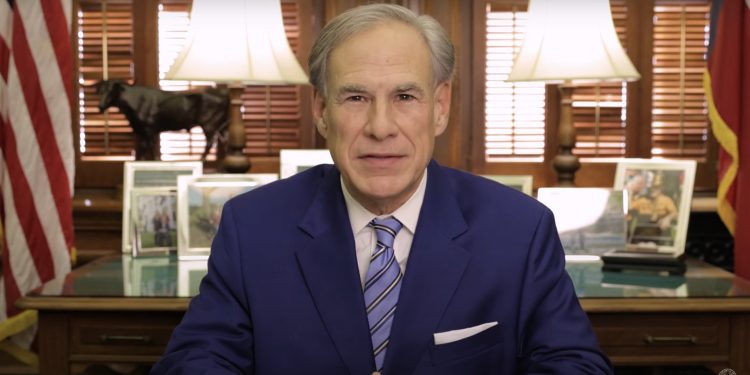AUSTIN, Texas — Governor Greg Abbott signed 306 bills into law on June 20, representing a significant portion of the more than 1,200 pieces of legislation that reached his desk during the 89th Regular Legislative Session. The governor has until June 22 to complete his review of the remaining bills.
The newly signed legislation spans a wide range of policy areas, from agricultural protections and education reforms to public safety measures and workforce development initiatives.
Key Legislation Highlights
Among the most notable bills signed into law are measures addressing occupational licensing, government efficiency, and school safety protocols.
Workforce and Economic Development House Bill 11 streamlines occupational licensing by recognizing out-of-state licenses, while House Bill 5629 removes barriers for veterans and military spouses seeking professional certifications in Texas.
Senate Bill 2231 establishes Free College Application Week, allowing students to apply to state universities without fees during the second week of October each year.
Government Operations House Bill 12 mandates regular efficiency audits of state agencies, drawing inspiration from federal government reform efforts. The legislation aims to identify redundancies and improve operational effectiveness across state departments.
House Bill 1393 positions Texas to observe daylight saving time year-round, pending federal approval, with the state’s time zones to be collectively known as “Texas Time.”
Education and Public Safety House Bill 33 strengthens school safety protocols through enhanced emergency planning, security reviews, and staff training requirements.
House Bill 1481 requires public schools to implement policies restricting student use of personal communication devices during school hours.
Agricultural and Environmental Policy Senate Bill 1035 strengthens “right to farm” protections by allowing agricultural operators to pursue legal action against local governments that violate these provisions.
House Bill 29 establishes water audit requirements for large municipal utilities serving 150,000 or more connections.
Criminal Justice Reform House Bill 2306 eliminates parole eligibility for those convicted of human trafficking when victims are children or disabled individuals.
Senate Bill 2570 provides legal protections for peace officers and correctional guards using less-lethal force weapons in appropriate circumstances.
House Bill 5115 enhances penalties for election-related offenses, making various forms of election fraud second-degree felonies.
Broader Policy Implications
The legislation reflects ongoing debates about the balance between individual freedoms and regulatory oversight. House Bill 229 codifies biological sex definitions, while House Bill 2674 ensures homeschool programs remain free from additional state regulatory requirements.
House Bill 2294 allows local workforce boards greater flexibility in reimbursing childcare providers based on quality ratings, potentially improving access to early childhood education services.
The Challenge of Legislative Intent
While proponents argue these measures will strengthen Texas communities and protect citizens’ rights, the effectiveness of any legislative package ultimately depends on implementation and public compliance. Laws serve as frameworks for societal expectations, but their success in addressing complex social challenges often requires broader cultural shifts and community engagement beyond the statutory language itself.
The governor’s office emphasized that the legislation aims to preserve what officials describe as fundamental liberties while addressing practical governance challenges facing the state’s growing population.
Abbott continues reviewing the remaining bills from the legislative session, with final decisions on all measures due by the weekend deadline.






